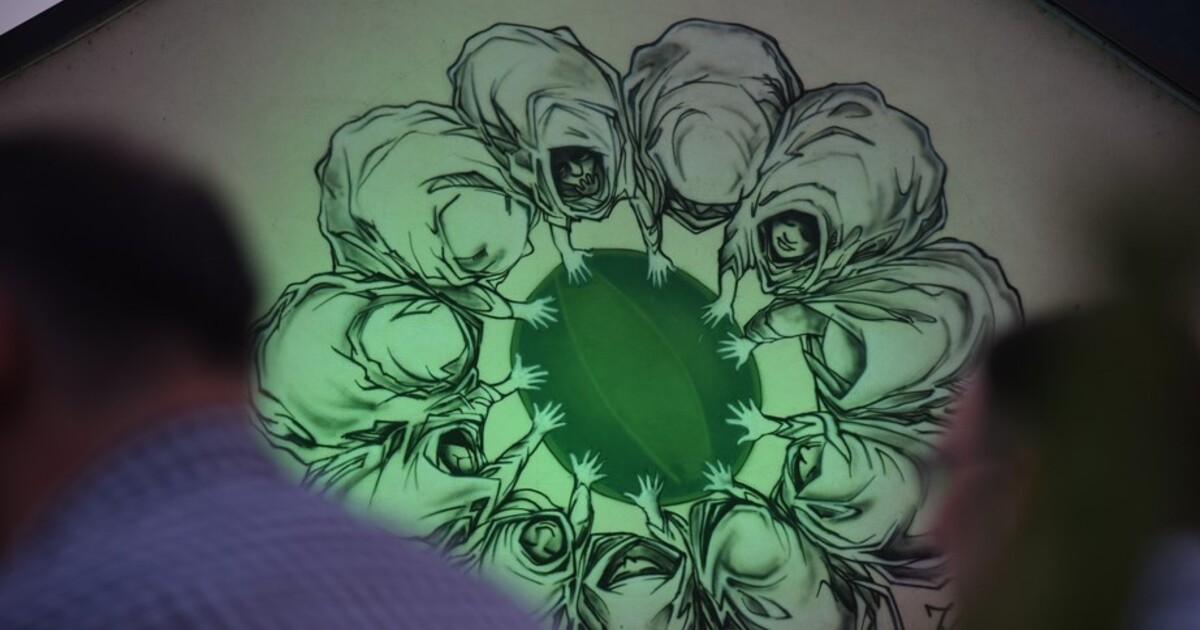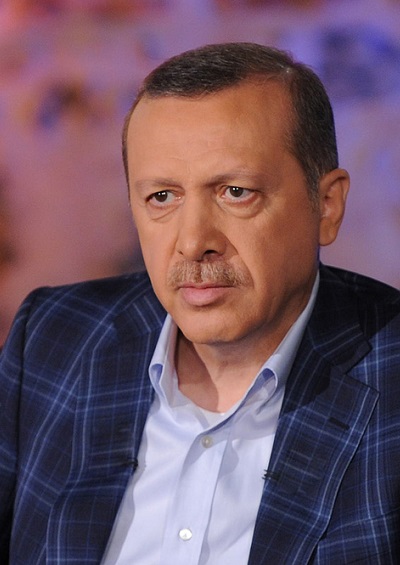25 Years After Srebrenica: No Peace or Reconciliation in West Balkans
Imagine it is 1970 — and still there is no peace or reconciliation between France and Germany. Fast forward to the present and consider the situation in the West Balkans.
July 11, 2020

Imagine it is 1970 — and still there is no peace or reconciliation between France and Germany.
Now, fast forward to the present and realize that 25 years after the worst genocidal slaughter of Europeans since the World War Two, there is still no final peace or agreement on the most basic of relations between peoples and states in the West Balkans — the region of Europe between the Alps and the Aegean.
An indisputable war crime
25 years ago, on July 11, 1995 8,000 men and boys were taken out from the Bosnian town of Srebrenica. They were put to death one by one. Serb soldiers had prepared the mass graves with excavators.
They had exactly the right number of plastic handcuffs to fasten arms behind backs. The Serb executioners had been issued with enough bullets for their murder, and given regular coffee breaks in case they got tired.
Truly dark parallels
The world was outraged by Nazi killings in Lidice in what is now the Czech Republic. Then 173 were killed by the SS as revenge for the assassination of Reinhard Heydrich — the Nazi ruler of occupied Bohemia.
In Oradour-sur-Glane in the summer of 1944 the Das Reich Division slaughtered 642 villagers as a reprisal for French resistance attacks on German soldiers hurrying north to take part in the Battle for Normandy.
Those two moments of Nazi murderous brutality are insignificant compared to the genocidal attacks at Srebenica. Yet, for years the political leadership as well as the military commanders responsible for the killings were protected by Serbia where politicians put every obstacle in the path of UN investigators.
The dirt on the hands of Serbia’s president today
A cheerleader for this approach of “Serbia über Alles” was a young politician, Aleksandar Vucic. Now Serbia’s president, he was then proud to play chess with the likes of “General” Ratko Mladic, the Srebrenica killer-in-chief.
Vucic was in the Serbian Radical Party and called for the creation of a Greater Serbia and proclaimed that “For every Serb killed we will kill 100 Muslims.”
Today, Serge Bammertz, the chief prosecutor for the International Criminal Tribunal for the former Yugoslavia, set up by the UN Security Council argues that “a number of alleged genocidists have fled to Serbia and found safe haven there, including political leaders and military commanders.”
Meanwhile, Aleksandar Vucic dominates Serbian politics as President of his country. True to form, the man who then acted as Slobodan Milosevic’s Information Minister during the later genocidal attacks on Kosovan villages and farmers by Serbs during the Kosovo war of liberation 1998-99 today is making nice with the Chinese.
Milosevic’s long reach via his presidential understudy
At the time, Vucic banned foreign TV crews from Belgrade and took control of Serb media to pump out anti-Kosovan propaganda and whip up hate against the Kosovans as they sought their own independence and identity.
Vucic has copied his master, Slobadan Milosevic, in pumping up Serb nationalism as the main political force field in the country. He easily won an election in July which was boycotted by opposition parties.
A China lover
In line with his love of China’s masters, Vucic has created an elected authoritarianism making Serbia a one-man-ruled state. The question now is what he does with his supreme power.
This week, Vucic was received by President Macron and also held talks with the Kosovo prime minister brokered by the European Union’s foreign policy chief, Josep Borrell.
A complete road block
In the 21 years since the end of the Kosovo war and expulsion of the Serb death squads and military from the small Balkan nation, the Serbs have refused to accept that Kosovo is no longer a province of Serbia ruled by Belgrade. It is this denial of reality that blocks any final peace settlement in this small corner of Europe.
Borrell’s predecessors in charge of EU foreign policy — first Britain’s Cathy Ashton then Italy’s Frederic a Mogherini — tried to bring Belgrade and Pristina together but everything foundered on Vucic’s Serb nationalism and refusal to accept the existence of Kosovo.
Also doing Putin’s bidding
Vucic has always had the backing of Putin who enjoys the sight of neither the United States nor the EU able to make a final peace in the West Balkans. Vucic is helped by the short-sighted policy of five EU member states who like Serbia refuse to recognize Kosovo.
Each of them has disputes with neighbors over territorial claims. Romania and Slovakia nonetheless recognize Hungary despite Hungarian irredentism.
Cyprus and Greece recognize Turkey despite opposing Turkish occupation of northern Cyprus. Spain has a problem with Catalonia but the comparison with Kosovo refusing to be ruled by Serbia is absurd.
Europe not united
It does however weaken Borrell’s position as he cannot speak for a united Europe. Kosovo keeps looking to the United States and is hoping for a Biden win. It pins its hopes on the fact that Joe Biden’s beloved late son Beau Biden (who died from cancer) had served in Kosovo and that Joe Biden as Vice President had visited Kosovo to offer U.S. support.
In the 1990s, the complaint laid at the EU’s door was that it failed to stop the Milosevic wars and stamp down on Serb aggression and nationalism which gave rise to Srebrenica.
In 2020, the EU still seems unable to face down Vucic’s Serb nationalism and get Belgrade to accept that its no war, no peace politics is keeping the Western Balkans as a whole from integrating into Europe.
Takeaways
Imagine it is 1970 and still there is no reconciliation between France and Germany. That’s where the West Balkans are 25 years after the Srebrenica massacre.
Serbia’s president Aleksandar Vucic, a longtime cheerleader of “Serbia über Alles,” earlier in his career was proud to play chess with Ratko Mladic -- the Srebrenica killer-in-chief.
Aleksandar Vucic -- who was Slobodan Milosevic’s Information Minister during the later genocidal attacks on Kosovan villages -- today is making nice with the Chinese.
In line with his love of China’s masters, Aleksandar Vucic has created an elected authoritarianism making Serbia a one-man-rule state.
It weakens Josep Borrell’s position that he cannot speak for a united Europe. Kosovo keeps looking to the US and is hoping for a Biden win.
Belgrade “no war, no peace” politics is keeping the West Balkans from integrating into the EU.
Read previous

Global Diplomacy
J’Accuse Erdogan
July 9, 2020
